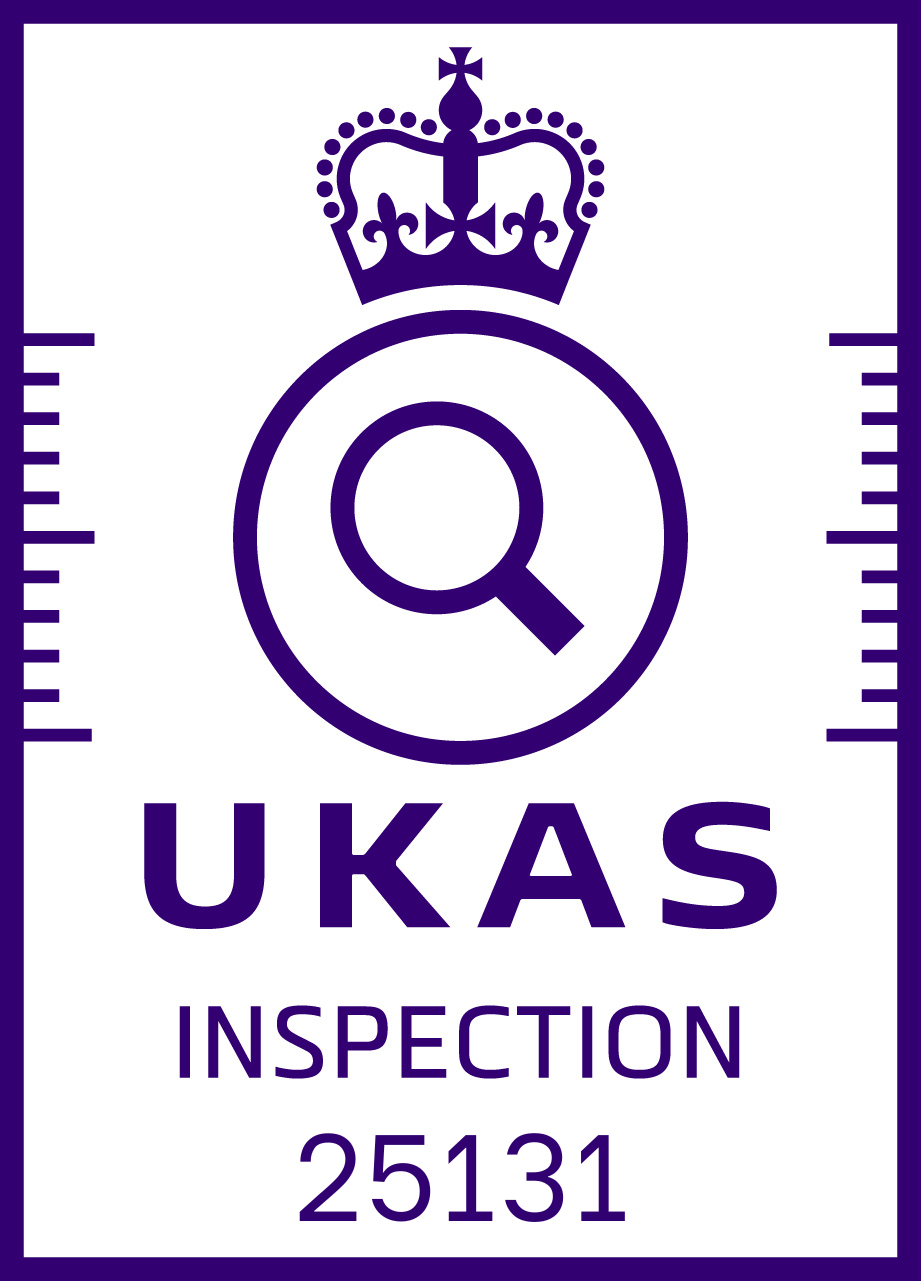- 74% of C-suite executives have an incomplete understanding of their company’s carbon footprint
- A third of C-suite executives have yet to appoint a head of sustainability (35%) or implement a green sourcing strategy (34%)
- 69% of C-suite executives said they would only adopt a net zero-led sourcing strategy if it delivered a net cost benefit too
- 80% of C-suite executives believe sustainability/ESG performance has a direct impact on customers’ buying decisions
- Only 2% of C-suite executives have not yet committed to investing in decarbonisation strategies for the year ahead
A gap in C-suite understanding about how to calculate a company’s carbon footprint is threatening to undermine progress to net zero and could impact UK competitiveness, according to research by management consultancy, Vendigital.
Research conducted with 152 C-Suite executives at UK-based manufacturing companies has revealed that 74% would like to know more about their carbon footprint, indicating that their current knowledge is incomplete. According to sector specialists at Vendigital, surprisingly few manufacturers have a complete, end-to-end understanding of their carbon emissions.
Dominic Tribe, Director at management consultancy, Vendigital, said:
“There is a significant gap in understanding about carbon emissions, which is threatening to undermine progress to net zero. While many manufacturers understand the importance of reducing carbon emissions in areas such as transportation and logistics, relatively few have a handle on their operating emissions and even more so the cumulative carbon footprint of their bought in parts and raw materials from their supply chain.
“Without access to reliable emissions data, businesses are unable to accurately monitor and improve their environmental performance, which could impact their competitiveness in the future.”
The research showed that despite the gap in knowledge about carbon emissions, business leaders do understand the case for decarbonisation. The top four reasons given for wanting to know more about their company’s carbon footprint were to do the right thing; strengthen customer and investor relationships; enhance enterprise value and become more attractive as an employer.
However, the research revealed low levels of investment in some areas. For example, more than a third of C-suite executives have yet to appoint a head of sustainability or ESG (35%) or implement a green sourcing strategy (34%).
“The lack of investment is concerning when you consider that decarbonisation initiatives can take many years to implement, and even longer to deliver a cost benefit. Without immediate action, UK manufacturers could lose ground in the race to net zero”, said Dominic Tribe.
One of the main barriers to investing in decarbonisation strategies is concern about committing capital expenditure without any certainty of commercial rewards. The need to balance cost and rewards is also evident in how far C-Suite executives are prepared to go in prioritising decarbonisation. For example, 69% said they would only adopt a net zero-led sourcing strategy if it delivered a net cost benefit too.
Despite concerns about balancing cost and rewards, most manufacturers are aware that demand for greener products and operating processes is becoming more prevalent across the supply chain. 80% of manufacturers believe that sustainability/ESG performance has a direct impact on customers’ buying decisions and 20% confirmed that new customers ask about a product’s carbon footprint before making a purchase.
Encouraged by the shift to net zero sourcing, which is beginning to impact many industry sectors, most C-suite executives confirmed that they are planning to invest in decarbonisation strategies in the year ahead – only 2% were not planning to do so. The top five investments they are planning to make are signing up the UN’s Race to Net Zero initiative; adopting a green sourcing strategy; switching to green processes; appointing a new head of sustainability and investing in carbon emissions measurement.
Dominic Tribe concluded:
“Manufacturers are facing a major challenge to decarbonise their products and operations in a short timeframe and significant investment will be needed. They need to find ways to take cost out and invest strategically to ensure they remain both commercially and environmentally competitive.”
Vendigital has published a white paper (link here) entitled Achieving Net Zero Manufacturing, which presents the research findings and sets out strategies to support manufacturers in balancing costs and rewards on route to net zero.
Image: Shutterstock









